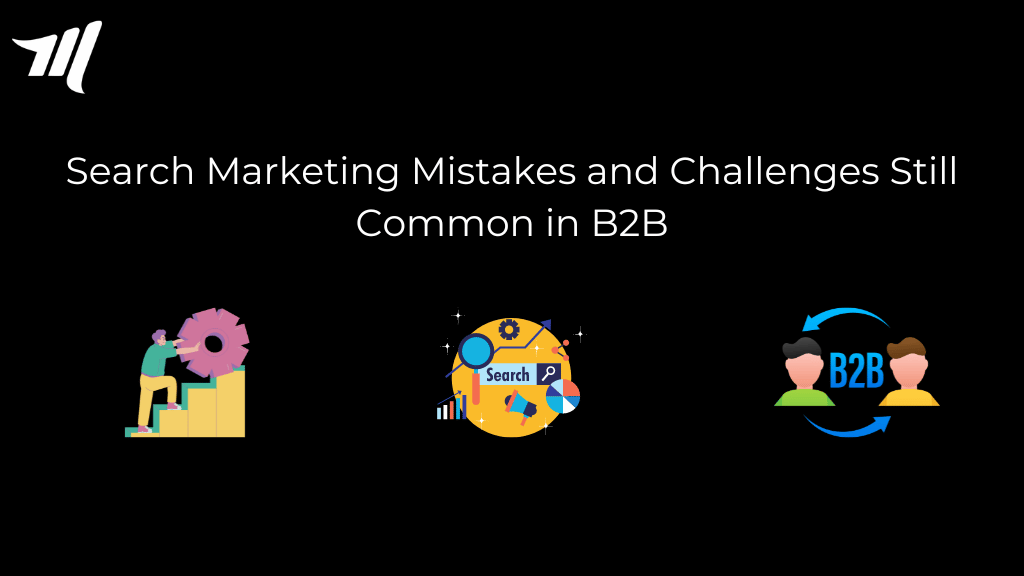Search marketing is a common method employed by marketers to develop a strong online presence. This strategy necessitates the use of both sponsored and unpaid approaches to generate traffic via major search engines. Why do marketers utilize search marketing? Well, the answer is straightforward. Millions of people use search engines to find information related to their query daily. All alternatives near the top of the SERP (search engine results page) are more likely to be clicked by the user.
Marketers are eager to seize this chance to bring customers to their landing page, engage them with the brand, and convert them into paying customers. Every brand that wants to grow in the digital world must devote appropriate time and resources to search marketing.
Search Marketing Categories
For the sake of convenience, search marketing can be separated into two major groups, namely,
PPC (Paid Advertising): This technique uses paid strategies to push listings to the top of the SERPs.
SEO (Unpaid Advertising): This method requires using unpaid methods to drive organic traffic to a landing page.
Common Search Marketing Mistakes and Challenges for B2B
To achieve the best results from search marketing in the B2B segment, marketers must be aware of typical mistakes that can arise while using this strategy. Here are some of the search marketing mistakes and obstacles that marketers may confront.
1. Neglecting mobile optimization
Most internet consumers now access websites through their mobile devices. If the website is not created to satisfy the needs of mobile devices, customers will most likely move on to the next choice. As a result, disregarding mobile optimization can lead to a bad user experience and poorer search ranks.
2. Incorrect keywords
Choosing the right keywords is crucial for successful search marketing. Failure to research and target the most appropriate keywords for your intended audience might lead to low traffic and conversion rates. Focusing primarily on generic keywords rather than long-tail, customized phrases that cater to the demands of B2B buyers is a typical mistake that should be avoided.
3. Ignoring local SEO
Many B2B organizations believe they don’t need to prioritize local SEO. However, optimizing search marketing efforts for location-based searches can boost exposure and generate more qualified prospects.
4. Focus on lead generation
Lead generation is a primary goal of B2B search marketing. However, to achieve success with search marketing methods, other stages of the sales funnel, such as nurturing and customer retention, must also be considered. Companies must have dedicated customer success teams in place to guide customers through the various stages of the sales cycle.
5. Not monitoring and analyzing data
Effective tracking and analysis of search marketing activities is critical. Otherwise, it will be difficult to determine what is and is not functioning, posing challenges in making data-driven optimization decisions. As a result, having appropriate systems in place to monitor metrics and conduct data analysis is critical for measuring and optimizing the performance of B2B search marketing initiatives.
6. Lack of Integration
Search marketing should be combined with other marketing channels, such as social media and email marketing, to create a unified and effective campaign. If your search marketing effort is not integrated with appropriate social media networks, you will not achieve the intended results. As a result, you must have a consistent plan in place to ensure smooth integration across all marketing platforms.
7. Ignoring sponsored search
While organic search is the best way to get visitors, bought search can also be successful. If handled appropriately, you may reach your target audience and increase conversions, particularly for competitive keywords. Paid search tools are precious in the early phases of a search marketing campaign. They will assist the brand in achieving one of the top positions in the results.
8. Insufficient budget
Effective search marketing requires significant firm resources. Appropriate finances must be in place for both organic methods like content marketing and paid strategies like PPC to guarantee that campaigns are executed on time. If the budgets allocated are insufficient, the results will not meet expectations.
Search marketing is an imperative strategy for businesses functioning in the highly competitive digital landscape. If a marketer wants to drive a company’s success in the internet world, they must have a complete strategy. Moreover, it is essential to dedicate enough resources and funds to search marketing efforts to achieve the required results. With new and intriguing techniques being developed across domains, marketers must be prepared for new challenges in the future years.





